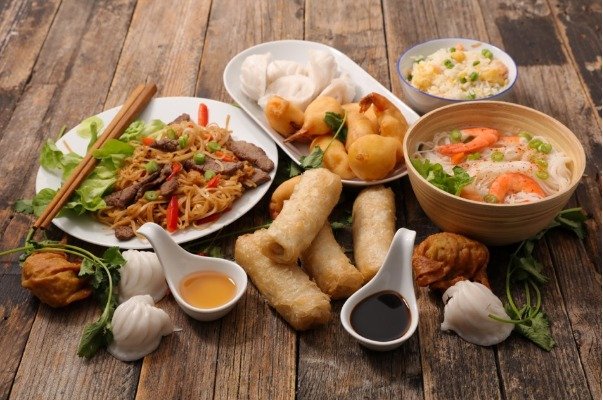Chinese restaurants not only serve as places to indulge in delicious dishes but also play a vital role in preserving the rich cultural heritage of China. One important aspect that contributes to this preservation is the traditional art of soy sauce manufacture. In this article, we will delve into how Chinese restaurants, through their connection to soy sauce production, strive to maintain and promote the cultural legacy of China.
Understanding the Significance of Soy Sauce Manufacture in Chinese Culture
Soy sauce manufacture holds historical and cultural importance in Chinese culinary traditions. Dating back more than 2,500 years, this process involves fermenting soybeans, wheat, brine, and a specific mold known as koji. The resulting soy sauce showcases the mastery and craftsmanship of ancient Chinese food artisans.
The Key Role of Soy Sauce Manufacture in Chinese Restaurants
Chinese restaurants rely heavily on soy sauce as a fundamental ingredient in their recipes. Its umami flavor, versatility, and ability to enhance other ingredients and seasonings make it an indispensable component of Chinese cuisine. Not only does soy sauce add depth and complexity to dishes; it also connects Chinese people across generations, linking us to our cultural roots.
Preserving Traditional Flavors through Soy Sauce Manufacture
By utilizing soy sauce in their recipes, Chinese restaurants ensure that traditional flavors and tastes are upheld. Many classic Chinese dishes, such as Kung Pao chicken and Mapo tofu, require the distinct umami notes provided by soy sauce. These restaurants serve as guardians of authentic Chinese flavors, preserving the culinary heritage for both locals and visitors to enjoy.
Promoting Cultural Exchange through Soy Sauce Manufacture
Soy sauce manufacturers provide an avenue for cultural exchange and understanding. As Chinese restaurants continue to gain popularity worldwide, they introduce and incorporate soy sauce into fusion dishes that blend Chinese and international flavors. This fusion not only introduces Chinese cuisine to new audiences but also integrates influences from other culinary traditions, enriching the global dining experience.
Sustainability and Soy Sauce Manufacture: A Path Towards Cultural Preservation
Many Chinese restaurants are committed to sustainability, supporting artisanal soy sauce manufacture as a means to protect cultural heritage. By sourcing soy sauce from traditional producers, these establishments help sustain the craft and ensure that ancient recipes and techniques are passed down through generations. This commitment to authentic soy sauce manufacture contributes to the preservation and promotion of Chinese cultural heritage.
Embracing Tradition: The Future of Chinese Restaurants
Chinese restaurants that embrace soy sauce manufacture demonstrate a commitment to preserving Chinese cultural heritage. By showcasing traditional dishes and incorporating soy sauce in innovative ways, they offer a culinary experience that is both rooted in tradition and forward-thinking. These restaurants become ambassadors for Chinese culture, enabling patrons to engage with and appreciate the essence of China through its food.
Conclusion:
Chinese restaurants not only serve delectable Chinese dishes but also play an integral role in preserving Chinese cultural heritage. Soy sauce manufacture, with its centuries-old tradition, acts as a linchpin connecting generations and cultures. By incorporating soy sauce in recipes, Chinese restaurants ensure the preservation of traditional flavors while also promoting cultural exchange and sustainability. Through their commitment to soy sauce manufacture and the rich histories it symbolizes, Chinese restaurants become gateways for cultural preservation, allowing people worldwide to experience and appreciate the vibrant tapestry of Chinese heritage.


